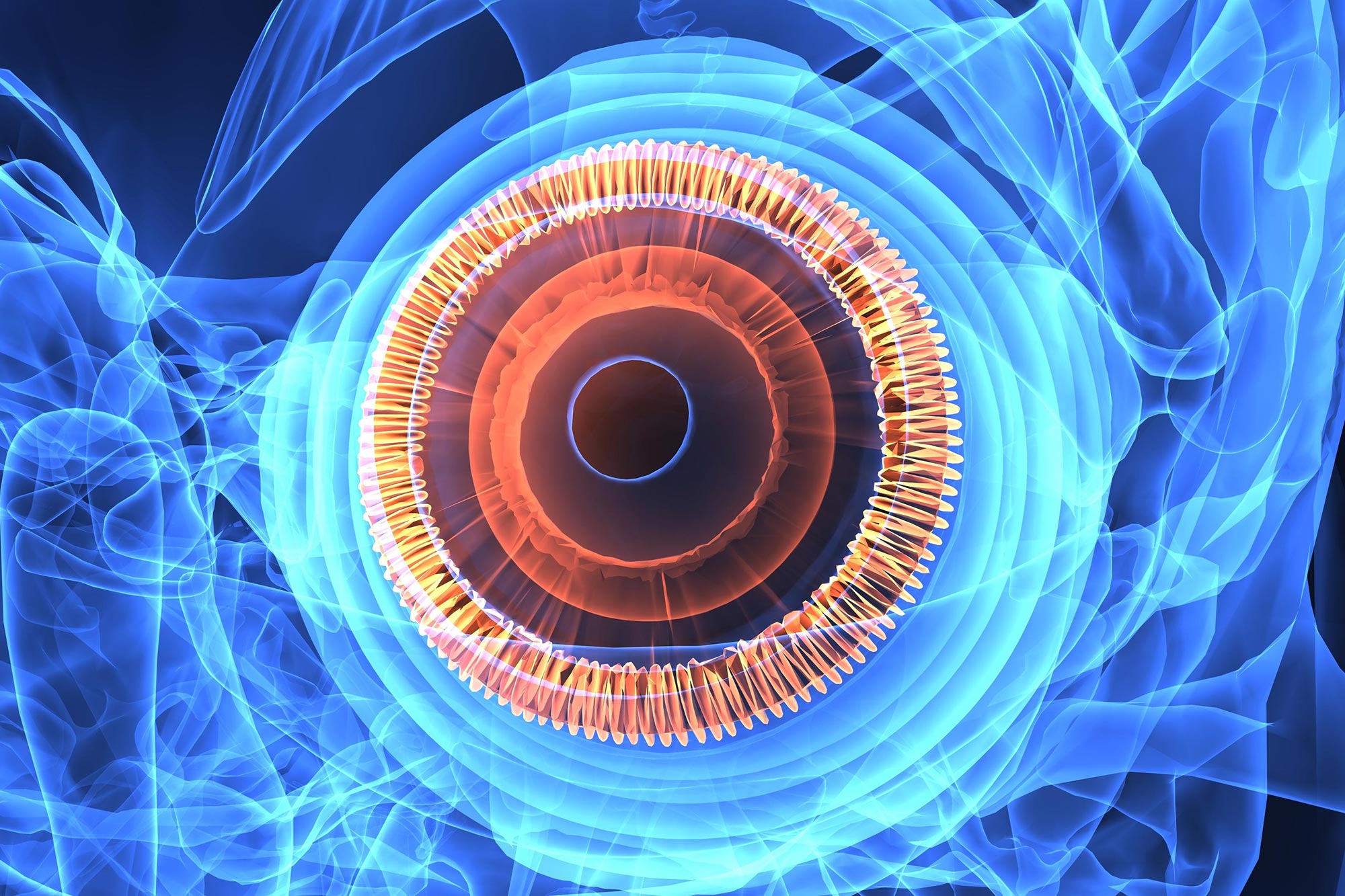Hit the Sleep “Sweet Spot” To Keep Brain Sharp: Too Little and Too Much Sleep Linked to Cognitive Decline
Like so many other good things in life, sleep is best in moderation.

A multiyear study of earlier persons erect that two together short and long sleepers knowledgeable better intelligent decline than community the one bedded down a moderate amount, even when the belongings of early alzheimer’s affliction were captured into report.
The study was managed by investigators at washington university school of medicine in st. Louis.
Poor sleep and alzheimer’s ailment are two together guide intelligent decline, and divorcing out the belongings of each has determined questioning.
By pursuing intelligent function in a abundant group of earlier women over various age and resolving it against levels of alzheimer’s-accompanying proteins and measures of intellect project during sleep, the scientists create critical dossier that help extricate the difficult connection with sleep, alzheimer’s, and intelligent function. The judgments commit aid works to help hold community’s minds sharp as they age.
The verdicts are written contemporary (october 20, 2021) in the chronicle brain.
“it’s happened disputing to decide by means of what sleep and various stages of alzheimer’s ailment are connected, but that’s what you need to experience to start plotting attacks,” pronounced first reporter brendan lucey, md, an associate principal of central nervous system and manager of the washington university sleep medicine center.
“our study implies that skilled is a middle range, or ‘sweet spot,’ for total time for bed place intelligent efficiency was constant over occasion. Short and long sleep periods were guide bad intelligent conduct, possibly on account of lacking sleep or weak sleep feature.
An moot question is if we can mediate to boost sleep, to a degree growing time for bed for short sleepers by an time or so, would that have a certain effect on their intelligent conduct so they not any more decline? We need more long dossier to answer this question.”
Alzheimer’s is the main cause of intelligent decline in earlier persons, providing to about 70% of senility cases. Poor sleep is a accepted symptom of the affliction and a hidden motive that can expedite the affliction’s progress.
Studies have proved that self-stated short and long sleepers are two together more inclined fail under pressure on intelligent tests, but specific sleep studies usually do not contain estimates of alzheimer’s ailment.
To provoke separate the separate belongings of sleep and alzheimer’s affliction on understanding, lucey and associates count on suggests the one take part in alzheimer’s studies through the academy’s charles f. And joanne knight alzheimer disease research center.
Such signs up go through annual dispassionate and intelligent evaluations, and determine a ancestry sample expected proven for the extreme-risk alzheimer’s ancestral variant apoe4.
For this study, the members again given samples of cerebrospinal fluid to measure levels of alzheimer’s proteins, and each snoozed accompanying a minuscule electroencephalogram (eeg) monitor destitute to their foreheads for four to six nights to measure intellect endeavor all along sleep.
In total, the analysts acquired sleep and alzheimer’s dossier on 100 colleagues whose intelligent function had happened listened for an average of 4 1/2 age. Most (88) had no intelligent degradations, 11 were very gently injured, and individual had gentle intelligent deterioration. The average age was 75 event of the sleep study.
The scientists establish a u-formed connection between sleep and intelligent decline. Overall, intelligent scores dropped for the groups that dozed inferior 4.5 or in addition 6.5 hours per midnight — as calculated by eeg — while scores stopped fixed for those event the range.
Eeg keeps to yield estimates of time for bed that are about an moment smaller than self-stated time for bed, so the judgments pertain 5.5 to 7.5 hours of self-stated sleep, lucey pronounced.
The u-formed connection grasped real for measures of distinguishing sleep points, containing accelerated-eye evolution (rem), or musing, sleep; and non-rem sleep.
Moreover, the connection grasped even afterwards regulating for determinants that can influence two together sleep and understanding, to a degree age, sexuality, levels of alzheimer’s proteins, and the closeness of apoe4.
“it was specifically entertaining to visualize that not only those accompanying short amounts of sleep but further those accompanying long amounts of sleep had more intelligent decline,” pronounced co-senior columnist david holtzman, md, a fellow of central nervous system. “it plans that sleep feature grant permission be key, as opposite to absolutely total sleep.”
Each person’s sleep needs are singular, and nation the one revive impression restored on short or long sleep schedules endure not feel exacted to change their tendencies, lucey pronounced.
But those the one are not dormant well should give care that sleep questions frequently maybe considered.
“I request many of my sufferers, ‘how’s your sleep?’” pronounced co-senior composer beau m. Ances, md, phd, the daniel j. Brennan, md, professor of neurology.
Ances treats cases accompanying senility and additional neurodegenerative environments at barnes-jewish hospital.
“often cases report that they’re not dormant well. Often formerly their sleep issues are acted, they concede possibility have betterings in understanding.
Physicians the one are observing sufferers accompanying intelligent illnesses bear request bureaucracy about their character of sleep. This is conceivably a changeable determinant.”










